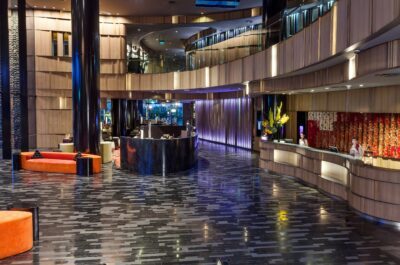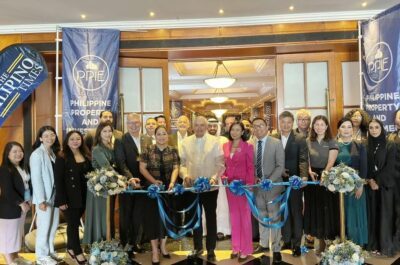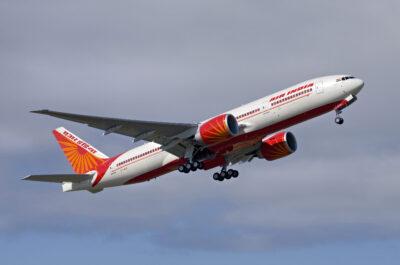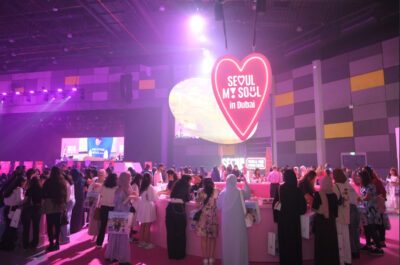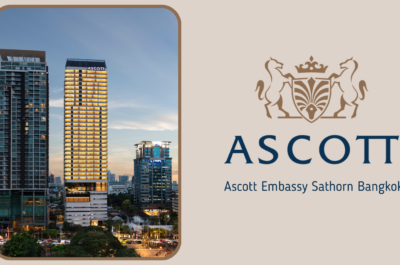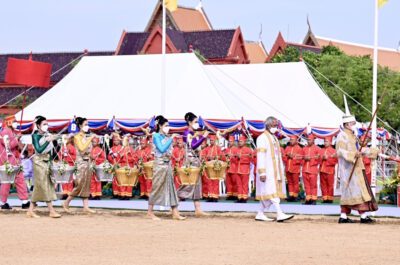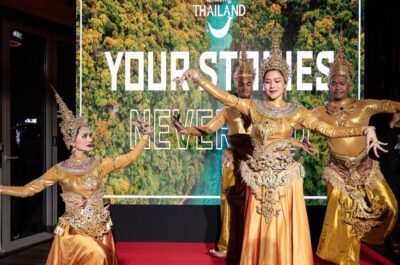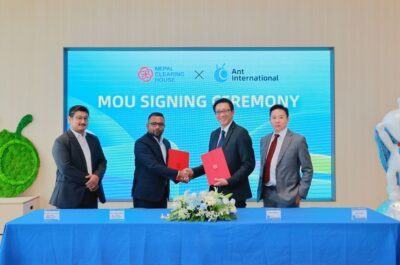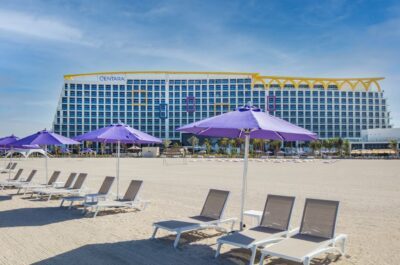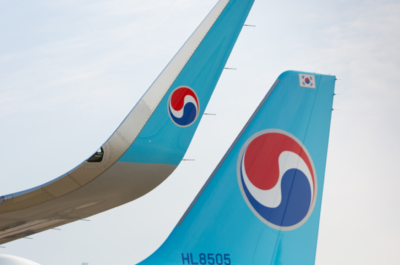Of the 70 international association conferences being hosted in Melbourne in 2013 and 2014, almost 40 per cent of them fall into the category of medical or health related events.
MELBOURNE – Melbourne is half way through its most successful two years on record in terms of international association conferences held, Karen Bolinger, Chief Executive Officer of the Melbourne Convention Bureau (MCB) announced.
By the end of this year, Melbourne will have hosted 70 international conferences secured by MCB and welcomed more than 85,000 delegates to the city, which will contribute almost $420 million to the state’s economy.
Ms Bolinger said that in 2013 and 2014, the number of events coming to Melbourne had risen by 37%, delegate numbers by over half and economic impact by over a third compared to 2011 and 2012.
“This success is largely due to the fact that Melbourne will be the first city in the world to host three of the largest and most prestigious health-related conferences in the space of a year,” Ms Bolinger said.
“In December 2013, the 22nd World Diabetes Congress attracted more than 10,000 delegates from 140 countries and generated approximately $63 million for the state’s economy.
“In May, the city will welcome 9000 delegates for the World Congress of Cardiology, and in July, in excess of 14,000 delegates for the 20th International AIDS Conference, which will be the largest health- related conference ever hosted in Australia.
“As most major international conferences are held every two years at a minimum and are on a regional rotation with hundreds of cities to choose from, it is very unlikely that any other city in the world will ever be able to emulate this feat.”
Ms Bolinger said the city was certainly living up to its status as Australasia’s Leading Meetings and Conference Destination as voted in the 2013 World Travel Awards.
“In addition to our conference facilities and connections with government and suppliers, international associations are attracted to Melbourne because of our world-leading knowledge centres and the brain power they harbour.
“The Parkville Precinct is a prime example of this, characterised by a cluster of research institutions and facilities co-located within or near major hospitals and with strong links to the University of Melbourne.
“These facilities provide conference organisers with the opportunity to collaborate with our researchers and academics to create rich content and attract preeminent speakers to drive delegate attendance.
“And for delegates, it’s the opportunity to learn from these researchers and academics who are making history through scientific and medical breakthroughs,” she said.
Of the 70 international association conferences being hosted in Melbourne in 2013 and 2014, almost 40 per cent of them fall into the category of medical or health related events.
Ms Bolinger concluded by saying that while she believes it is important to celebrate success, MCB must continue to stay abreast of the challenges that arise and adapt accordingly.
“We will continue to build on our success by realigning our strategies, strengthening our stakeholder relationships and capitalising on the legacies created by these major international association conferences.”
Theodore is the Co-Founder and Managing Editor of TravelDailyNews Media Network; his responsibilities include business development and planning for TravelDailyNews long-term opportunities.



























